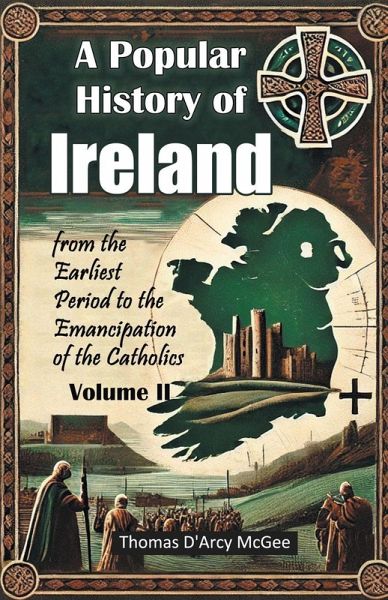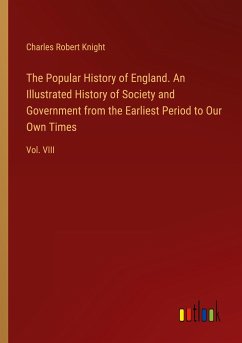""A Popular History of Ireland from the Earliest Period to the Emancipation of the Catholics, Volume II"" by Thomas D'Arcy McGee offers a comprehensive account of Irish history, focusing on significant events, cultural developments, and social changes leading up to the Catholic Emancipation in the early 19th century. In this volume, McGee delves into various themes, including the impact of British rule, the struggles for Irish identity, and the influence of the Catholic Church. He examines key figures in Ireland's history, their roles in shaping the nation, and the ongoing conflict between different religious and political factions. The narrative highlights both the triumphs and tragedies of the Irish people, providing insights into the societal conditions that led to the push for emancipation and the broader quest for national recognition and rights. McGee's work is characterized by its accessible writing style, making it suitable for a general audience while also appealing to those interested in a more detailed historical analysis.
Hinweis: Dieser Artikel kann nur an eine deutsche Lieferadresse ausgeliefert werden.
Hinweis: Dieser Artikel kann nur an eine deutsche Lieferadresse ausgeliefert werden.








